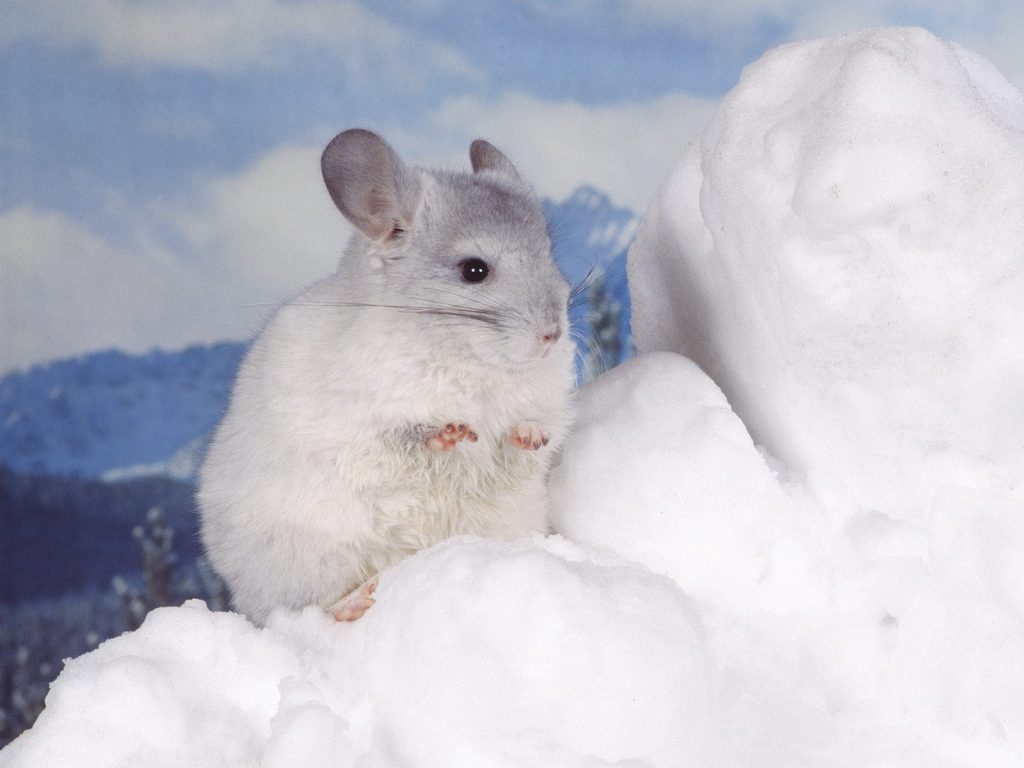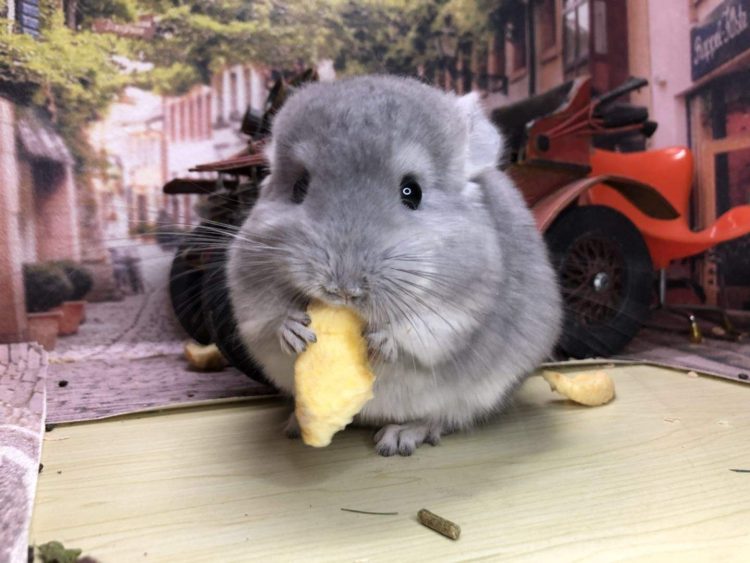The Gentle Years: A Chinchilla’s Lifespan
Chinchillas, with their soft fur and endearing personalities, have captivated the hearts of pet owners worldwide. Understanding the lifespan of these creatures is essential for those who wish to journey through life with these furry companions.
Decoding the Lifespan of Chinchillas
Chinchillas are known to grace their caretakers with their presence for about 10 to 15 years, though this can vary slightly between breeds. Their docile nature and social disposition make them ideal pets, thriving best in pairs or groups. However, during breeding seasons, attention must be paid to separate same-sex individuals to prevent conflicts over mating.
Insights for Chinchilla Caretakers

For those considering or currently caring for chinchillas, here are some valuable insights:
Chinchillas lack sweat glands and prefer dry, cool environments. The optimal temperature for their well-being ranges from 5 to 27 degrees Celsius. Extreme conditions, either too cold or too hot, can adversely affect their growth and health.
An indoor temperature around 18 degrees Celsius is ideal, with a minimum of 5 degrees and a maximum of 27 degrees. Relative humidity should be maintained between 40% and 60%. Ventilation is crucial, especially before feeding time, to ensure a fresh environment. In humid or cold seasons, moisture and cold-proofing are necessary, while in colder climates, adequate warming measures are important, particularly for the young.
During hot weather, proper ventilation and shade are essential. If possible, cooling systems should be installed, and ample drinking water should be available. Chinchillas appreciate cleanliness and enjoy sand baths. Regular disinfection of their habitat and weekly sand baths of 20 to 30 minutes promote health and wellbeing.
As social animals, chinchillas have a varied diet consisting mainly of hay, leaves, and a small amount of grains. They are known for their gentle temperament and are not prone to biting. However, they can vocalize distress or alarm with a unique call and may occasionally engage in biting skirmishes, with females often emerging as the dominant party.























































